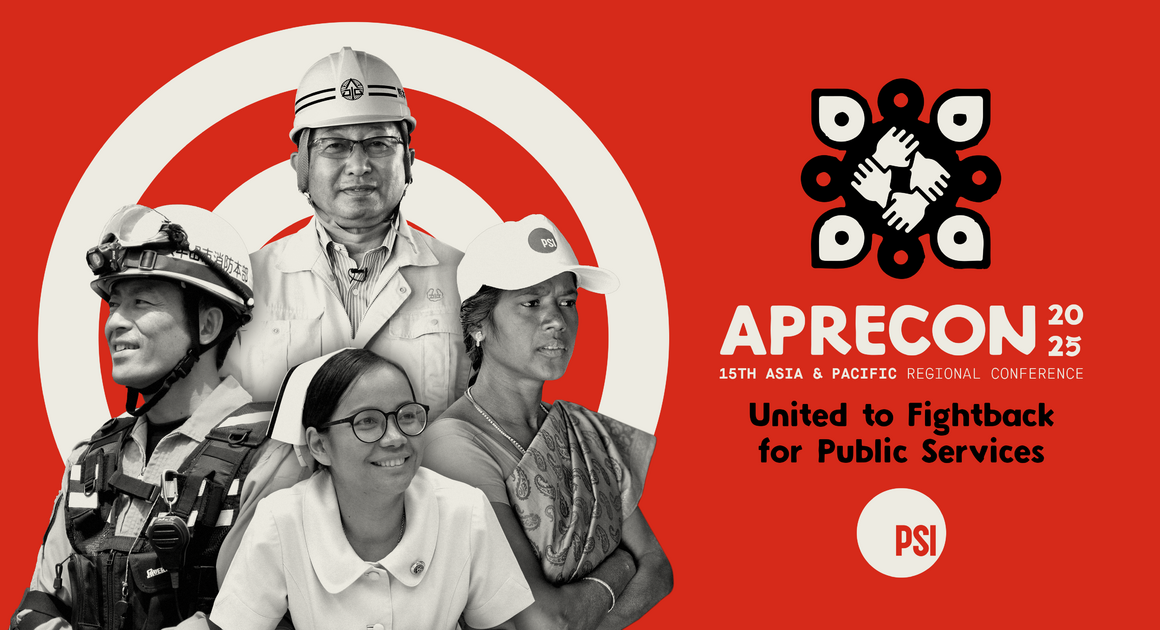Union Power Building Union Power in Asia Pacific: Regional Report 2019-25

This report summarises PSI Asia Pacific’s implementation of the 2019 Regional Action Plan (2019–2025) adopted at the 14th Asia Pacific Regional Conference in Indonesia. It captures major union victories across the region—from new labour laws and ILO ratifications to successful campaigns against privatisation. The report also highlights PSI’s pandemic response, growing union strength among community health workers, sanitation workers, and private hospital workers, and the emergence of new youth and women leaders.
- Read this in:
- en

Jyotsna Singh
Resolution #1: PSI Asia Pacific Regional Report (2019–2025)
PSI Asia Pacific Regional Report (2019–2025) chronicles six years of actions by Asia-Pacific affiliates under the 2019 Regional Action Plan. When COVID-19 hit, unions pivoted fast—issuing multi-language safety guides, backing nurses and care workers, leading the global TRIPS-waiver campaign, and shaping the World Health Organisation's pandemic treaty to recognise decent work, safety, and fair migration for health workers.
Across the region, unions confronted repression and austerity—standing with workers in Hong Kong and Myanmar, challenging anti-union attacks in the Philippines, fighting for rollback of labour codes in India, and winning key legal and organising gains in Korea, Pakistan, Fiji, Maldives, and beyond. Affiliates also fought privatisation and advanced public solutions: keeping energy and water in public hands, proposing a “public pathway” for the energy transition, and securing tax transparency reforms to fund quality public services.
The report highlights momentum on gender equality—including multiple ratifications and campaigns around ILO Convention 190—and documents powerful organising drives: community health workers in South Asia, private hospital workers in the Philippines, firefighters in Korea, sanitation workers across South Asia, and growing membership in utilities and local government. With young workers stepping into leadership and new alliances on climate, migration, and indigenous rights, the region has expanded union power and public service advocacy.